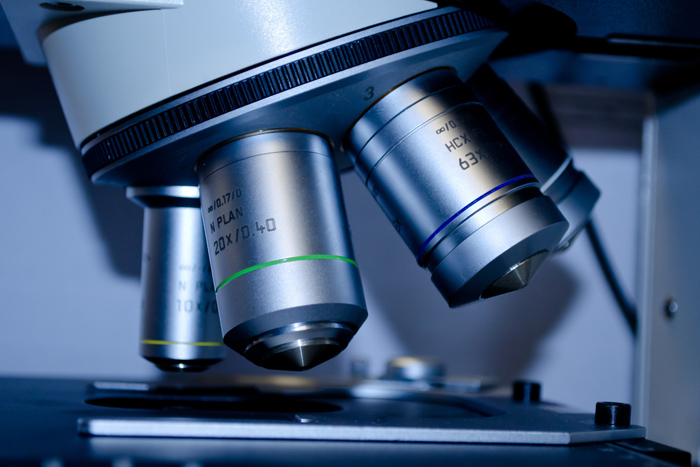


June 25, 2022 / BIOON / -- Bristol Myers Squibb (BMS) recently announced that the U.S. Food and Drug Administration (FDA) has approved CD19 car-t cell therapy breyanzi (lisocabtagene maraleucel): second-line treatment for adult patients with recurrent or refractory large B-cell lymphoma (r/r lbcl), including diffuse large B-cell lymphoma (DLBCL), which is not otherwise specified, including DLBCL caused by inert lymphoma High grade B-cell lymphoma (hgbl), primary mediastinal large B-cell lymphoma (pmbcl), follicular lymphoma grade 3B (fl3b). Specifically: (1) for patients who are refractory to first-line chemical immunotherapy or relapse within 12 months after first-line chemical immunotherapy; (2) Patients who are refractory to first-line chemoimmunotherapy or relapse after first-line chemoimmunotherapy and are not eligible for hematopoietic stem cell transplantation (HSCT) due to comorbidity or age.
With these two new indications, breyanzi is now the car-t cell therapy with the widest patient qualification in the treatment of recurrent or refractory lbcl. Breyanzi is not suitable for the treatment of patients with primary central nervous system (CNS) lymphoma.

This approval is based on the results of phase 3 of the transform study (nct03575351). In this trial, lbcl adults with primary refractory or recurrent lbcl within 12 months after first-line treatment were randomized to breyanzi or standard treatment (including salvage immunochemotherapy, if effective, high-dose chemotherapy [hdct] and hematopoietic stem cell transplantation [hsct]). The data showed that the efficacy of breyanzi one-time infusion was significantly better than that of standard care in recent 30 years, significantly improved event free survival (median EFS: 10.1 months vs 2.3 months), complete remission rate (cr:66% vs 39%), progression free survival (median PFS: 14.8 months vs 5.7 months), and good safety. The improvement of EFS means that the survival time of patients without disease progression or further treatment is prolonged. In this study, almost all patients (97%) in the breyanzi group received treatment, while less than half (47%) of patients in the standard care group completed high-dose chemotherapy and autologous HSCT.
The efficacy of breyanzi in second-line treatment is also based on the data of phase 2 pilot study. In this study, 61 patients with primary refractory or recurrent lbcl (not considered as candidates for stem cell transplantation) received breyanzi treatment. The study enrolled a wide range of patient groups based on age, physical status and / or organ function and comorbidity, regardless of the recurrence time after first-line treatment. The results showed that breyanzi treatment showed deep and lasting remission, with an overall remission rate (ORR) of 80% and a complete remission rate (CR) of 54%. The median time to reach CR was 1 month (range: 0.8-6.9 months). The median duration of remission (DOR) was 11.2 months; For those patients who reached Cr, the median dor was not reached.
Lbcl is the most common non Hodgkin's lymphoma (NHL), which is a refractory and invasive blood cancer. Up to 40% of patients will have refractory disease or recurrence after first-line treatment. Autologous stem cell transplantation after high-dose chemotherapy has always been the main means of second-line treatment, and it is also the only possible cure after the failure of first-line treatment in history. Although it is estimated that 50% of patients with primary refractory or recurrent diseases are considered candidates for stem cell transplantation, only about 25% of patients can receive stem cell transplantation and obtain long-term clinical benefits. For patients who are not considered candidates for stem cell transplantation, treatment options are limited. Without treatment, the life expectancy of recurrent or refractory lbcl is only 3-4 months.
Breyanzi is an autologous, CD19 directed, chimeric antigen receptor (car) T-cell therapy with a clear composition and 4-1BB costimulatory domain. Breyanzi is composed of purified cd8+ and cd4+t cells in a specific proportion (1:1). 4-1BB signal enhances the amplification and persistence of breyanzi. Breyanzi is a differentiated CD19 directed car-t cell therapy. In February 2020, breyanzi was approved by FDA to treat adult patients with r/r lbcl who had previously received two or more systemic therapies, including diffuse large B-cell lymphoma (DLBCL, including DLBCL caused by inert lymphoma), high-grade B-cell lymphoma (hgbl), primary mediastinal large B-cell lymphoma (pmbcl), and follicular lymphoma grade 3B. Breyanzi is not suitable for the treatment of patients with primary central nervous system (CNS) lymphoma.
